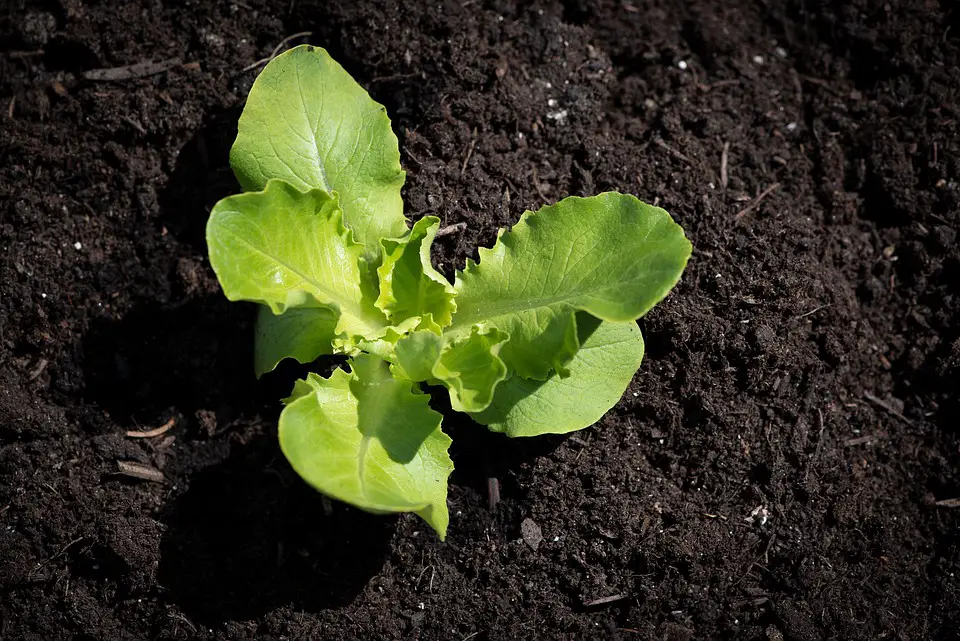Introduction
In today’s fast-paced and convenience-driven world, it is easy to overlook the importance of homegrown vegetables.
However, there are countless advantages to growing your own vegetables, ranging from health benefits to environmental sustainability.
This article will explore the benefits of cultivating your own garden and enjoying the healthy, sustainable, and delicious produce it provides.
Improved Nutritional Value
One of the main advantages of homegrown vegetables is their superior nutritional value.
When you grow your own vegetables, you have complete control over the cultivation process.
This means you can avoid synthetic fertilizers and harmful pesticides, opting for organic and natural alternatives instead.
As a result, homegrown vegetables tend to be richer in essential nutrients, vitamins, and minerals, which directly contribute to better health and well-being.
Enhanced Flavor and Textures
If you have ever tasted a homegrown tomato or freshly picked lettuce, you know that the flavor and texture are incomparable to their store-bought counterparts.
Homegrown vegetables are typically harvested at their peak ripeness, ensuring maximum flavor and quality.
The immediate consumption of these vegetables also enhances their taste and texture, as they do not need to endure long transportation or extended periods on the supermarket shelves.
Reduced Environmental Impact
By growing your own vegetables, you contribute positively to the environment.
Unlike industrial farming practices, home gardening reduces the reliance on long-haul transportation, minimizing carbon emissions and lowering your carbon footprint.
Additionally, you have control over the use of water and can implement sustainable irrigation techniques, reducing water waste and conserving this precious resource.
Cost-Effective Solution
Another advantage of homegrown vegetables is the potential cost savings they offer.
Initially, establishing a garden may require some investment in tools and supplies.
However, once your garden is up and running, you have access to a plethora of fresh produce right at your doorstep, reducing the need to spend money on store-bought vegetables.
Moreover, a well-maintained garden can provide plenty of surplus produce that can be preserved or shared, further maximizing your savings.
Encourages Physical Activity
Gardening is a delightful way to incorporate physical activity into your daily routine.
From planting seeds to weeding and harvesting, tending to a garden requires physical exertion and movement.
Engaging in these activities not only contributes to better overall fitness but also promotes mental well-being, as spending time outdoors and connecting with nature has been shown to reduce stress and improve mood.
FAQs Section
1. Can I grow vegetables if I have limited outdoor space?
Absolutely! If you have limited outdoor space, you can still grow vegetables using containers or vertical gardening techniques.
Many vegetables, such as herbs, lettuce, and tomatoes, can thrive in pots, hanging baskets, or even on the balcony or windowsill.
2. How much time and effort do you need to invest in home gardening?
The time and effort required for home gardening largely depend on the size of your garden and the types of vegetables you choose to cultivate.
Generally, maintaining a small backyard garden or a few containers will require a few hours of work per week.
However, the benefits and satisfaction derived from growing and enjoying your own produce make the investment well worth it.
3. Do I need previous gardening experience?
No, you do not need previous gardening experience to start growing your own vegetables.
There are numerous resources available, including online tutorials, books, and community gardening groups, that can guide you through the process.
Starting small and gradually expanding your garden will allow you to learn as you go and gain confidence in your gardening skills.




